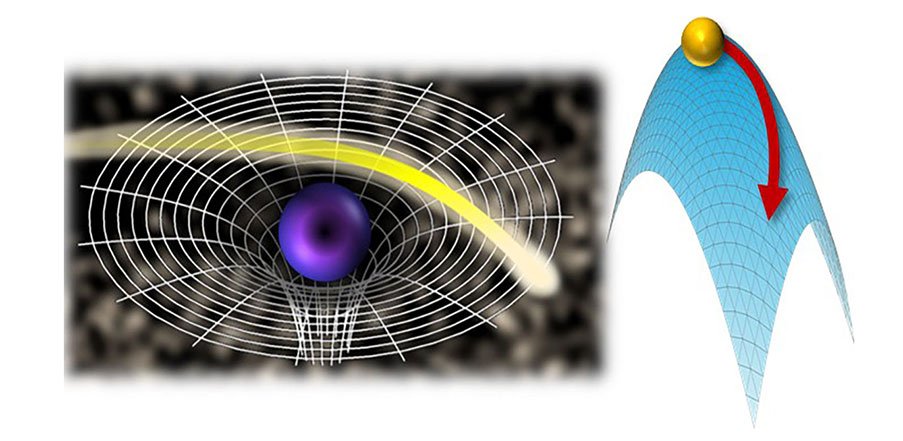I outlined in September this year that under my leadership, the Australian Federal Police (AFP) would take a more aggressive strategy to fight the insidious crime of child sexual abuse and exploitation.
Today, I can reveal the AFP-led Criminal Assets Confiscation Taskforce (CACT) on 13 November restrained the Adelaide home of a man accused of ordering and instructing live-distance child abuse that he watched online.
The man, who is facing numerous criminal charges, is accused of communicating with people in South East Asia to procure several children so he could watch them being sexually abused.
Essentially, he is accused of pay-per-view child exploitation.
This is the first time the AFP has restrained the home of an alleged child sex offender, who is not accused of profiting from his crimes, but of allegedly using his property to commit serious offences.
This significant civil action by the CACT should be a warning to anyone who preys on children.
Should the CACT be successful in court, and orders are made to confiscate the man’s home, the proceeds of the sale of the home will be redistributed to support crime prevention and other community initiatives, including those which protect our children.
The Commonwealth’s proceeds of crime laws are a powerful tool to target serious criminality. They have been used to restrain, and then ultimately confiscate the homes, goods and cash of outlaw motorcycle gangs, serious organised crime syndicates and drug dealers.
Committing sexual acts against children, and viewing and producing child exploitation material is a serious crime. If the homes of drug dealers are confiscated, so should the property of child sex offenders.
In principle there should be no difference in the application of these laws.
The investigation into the man’s alleged criminal activity began in February 2020 when Australian Border Force (ABF) officers examined his baggage when he arrived on a flight into Melbourne from Singapore.
The ABF allegedly found child abuse material on his iPhone and referred the matter to the AFP. The man was charged for possessing the illegal content.
The case was allocated to the South Australia Joint Anti Child Exploitation Team (SA JACET), the specialist taskforce comprising AFP and South Australia Police officers who investigate child exploitation offences in SA.
The man was arrested and charged with further offences in April 2020. He has not yet entered a plea to the criminal charges and is next expected to appear in court in 2021.
Just last month, the CACT restrained the assets of a Belgian tourist who bankrolled his Australian holiday by selling online child sex abuse material. Two bank accounts; one in Australia holding about $16,400, and another in Germany holding €8000; plus camera equipment, a drone and scuba diving gear, with a combined estimated worth of AUD$30,000; were restrained in the Supreme Court of NSW.
The prevalence of child exploitation is a serious concern for law enforcement.
The average number of images seized when an offender is arrested has been steadily increasing. In the early-to-mid 2000s, a child sex offender had about 1000 images, now it’s between 10,000 to 80,000 images and videos. This is not a victimless crime.
Every child being abused online is someone’s son or daughter and should not be treated as a commodity for the abhorrent gratification of others.
As the Commissioner of the AFP, I make no apologies for using the full force of the law to prosecute, disrupt and deter those who target our children, whether in Australia or abroad.
This year alone, the AFP has charged 160 alleged offenders with 1282 offences and removed 106 children from harm, in Australia and overseas.
To parents, grandparents and caregivers, please know the AFP will never give up in the relentless fight to keep children and the community safe.




